How one Irish grower is making the organic switch
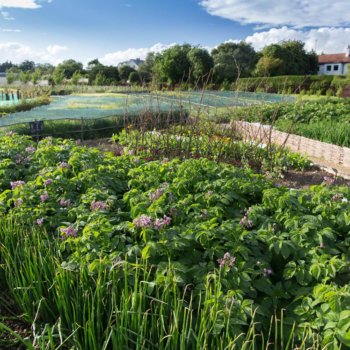
To understand the challenges and rewards of organic food production in Ireland, we spoke with Colm O'Driscoll, head gardener at Airfield Estate.
20 December 2017
Airfield Estate is a 38 acre working farm, gardens, restaurant and heritage experience which offers visitors the opportunity to enjoy and learn about food, farming and nature.
There are approximately six acres of gardens at Airfield Estate with just under two acres going through organic certification with the Irish Organic Farmers and Growers Association (IOFGA).
“The remaining acreage is managed organically as best we can. We probably put out one herbicide spray in the last two years. Hopefully that will be the last as long as I’m here.” said Colm O’Driscoll, head gardener of Airfield Estate.
We interviewed O’Driscoll about implementing organic production methods into his gardens, what the challenges were, and whether he would recommend other Irish producers to make the switch.
- Why did you decide to make the switch to organic growing? – Are you happy you did?
It was the previous head food gardener Kitty Scully, who made the decision to get organic certification for the food garden here in Airfield Estate. Scully had always managed the Food Garden under organic principals, so applying for certification was a logical step, seeing as we were adhering to many of the regulations regardless.
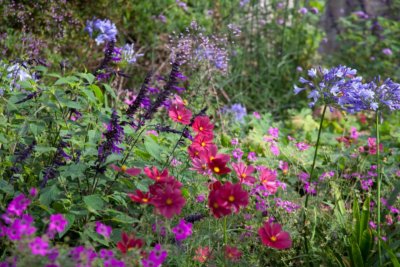
Photo: Airfield Estate.
Kitty has since moved on but the organic ethos she instilled in the management of the food garden is still very much practised. We practise organic gardening throughout all areas of the gardens here in Airfield Estate and we are happy to continue doing so for the foreseeable future.
- What is it that you grow?
In the food garden we grow vegetables, cereals, fruits flowers and herbs. Education is a key component of our mission here in Airfield Estate so we aspire to grow as large a range of crops as we possibly can. We have tunnel and glasshouse spaces that enable us to grow a wide variety of crops from tomatoes, through to horned melons and electric daisies.
- Has it been challenging to adapt to new growing methods?
The main challenge of managing the gardens organically has been controlling weeds around the 38 acre site. Paths, of which there are a lot on the site, are particularly troublesome. We use a combination of vinegar based weed killer, flame weeder, and our trusty hoes to keep them clear and presentable. The second biggest challenge we faced was sourcing organic approved compost and manure, to maintain fertility in our soils. Thankfully, we overcame this by securing a reliable source of organic approved farm yard manure and mushroom compost, as well as ramping up production of our own compost. We also use green manures extensively in the food gardens as well as mulches such as seaweed and phragmites. Sourcing organic seed has been a challenge at times especially as we are always eager to try new varieties however; the availability of organic seed is improving each season.
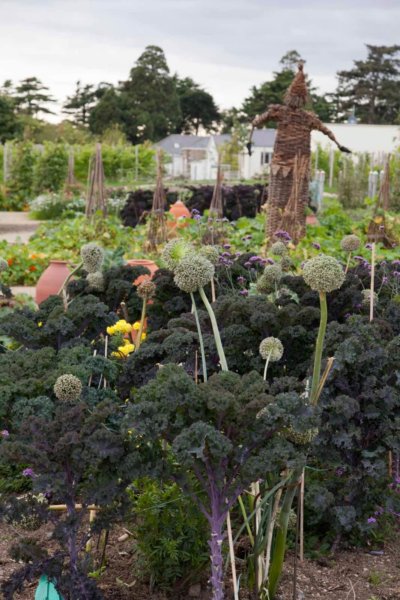
Photo: Airfield Estate.
Is there much of a difference between non-organic and organic growing methods?
I believe the main difference between the two is that with organic growing you require a greater understanding of the soil, and your surrounding environment and ecosystem. Ideally, organic growing will cultivate a more balanced and holistic approach to managing your crop. We rely on natural based remedies, companion planting, and inter cropping to help us grow our crops successfully. Soil management is key and cultivating and enhancing soil biology is vitally important to producing successful crops. There are many organic alternatives to conventional pesticides available. There is also an increasing range of organic fertilisers available to growers. However, for the most part, we aim to grow and cultivate healthy soil and prevent pest and disease, rather than cure it.
- Was going organic the right fit for your business?
I believe the decision to get the food garden certified was a great decision for Airfield. We now have organic and non-organic growing methods being practiced here on site. As charity who’s primary purpose is to educate people it is beneficial to have both practices being carried out on site. This enables visitors to see both practices in action and as a result helps educate or visitors on both farming practices.
- What market do you sell your produce to? Local markets / producers etc.?
All our produce is delivered into Overends Restaurant which is located here at Airfeild Estate. Overends Restaurant operates under our GLAS rules: Go with the seasons, Local for Produce, Avoid food waste, Sustainably produced. Being able to produce sustainably produced seasonal food here on site is a key driver of these rules . It means that customers in Overends Restaurant can enjoy fresh food that has accumulated food meters as opposed to food miles.
Do you think there is a strong organic grower presence in Ireland?
I am relatively new to the organic scene in Ireland but I have been really impressed with the number of growers and the bodies that are there to support organic growers. Airfield is certified through IOFGA and the IOFGA advisors and certifiers have been a great support to me answering any questions or queries I’ve had. I have also found the Organic Growers of Ireland (OGI) to be a really useful support. Their farm walks are a great opportunity to meet and learn for other organic growers. Their annual conference, which aims to address key issues facing Irish organic growers, attracts a diverse range of speakers that will enlighten and inform all attendees.
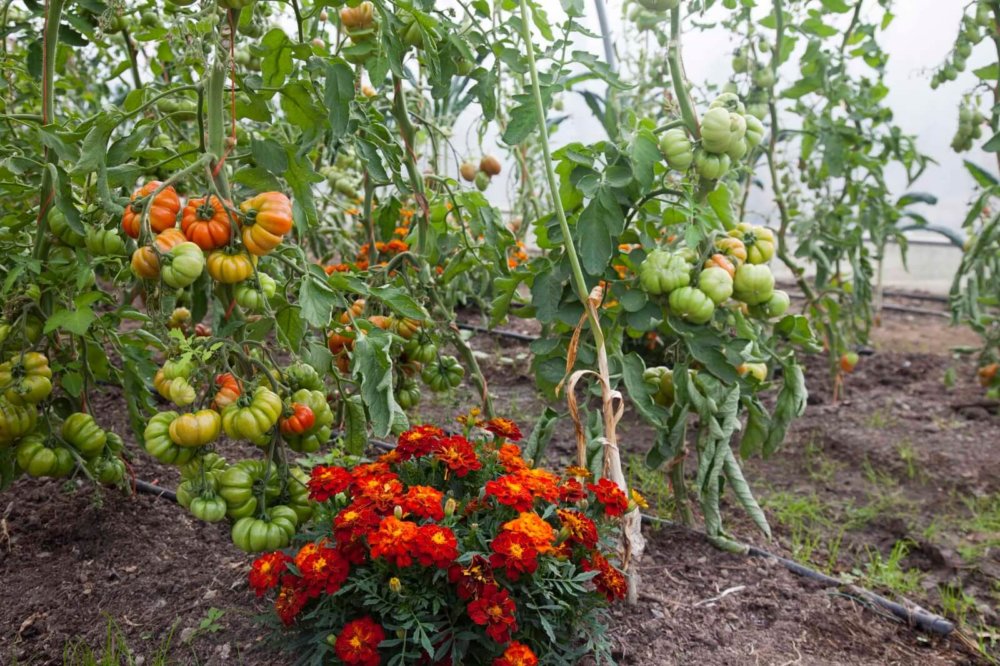
Photo: Airfield Estate.
Do you think Irish consumers seek organically grown food?
I can’t speak for Irish consumers in general but you only have to look at the increase in availability of organic produce in supermarkets like Tesco and Aldi to see that there must be an increasing demand for these produces. Disappointingly only about 74% of organic produce consumed in Ireland is produced in Ireland.
- Would you recommend the switch to other growers?
The choice to switch to organic growing has to one the grower is fully committed too from the outset. I of course would recommend it but every grower and farmer is entitled to make their own opinion on the growing practices they practice.
- When do you hope to receive your certificate?
Feburary 2018 all going well.
To learn more about Airfield Estate and the work they do in their gardens be sure to visit their website: http://www.airfield.ie/



 Print
Print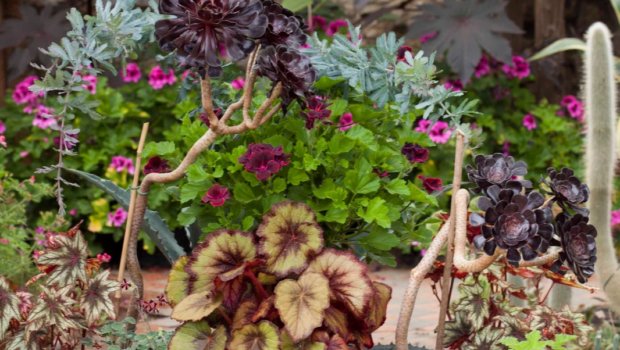
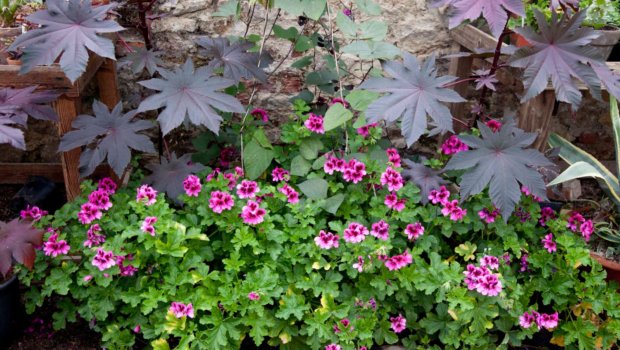
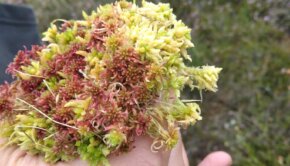
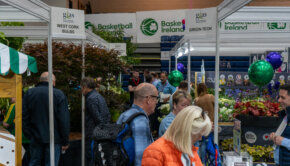
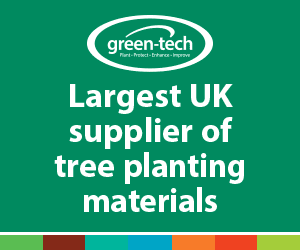
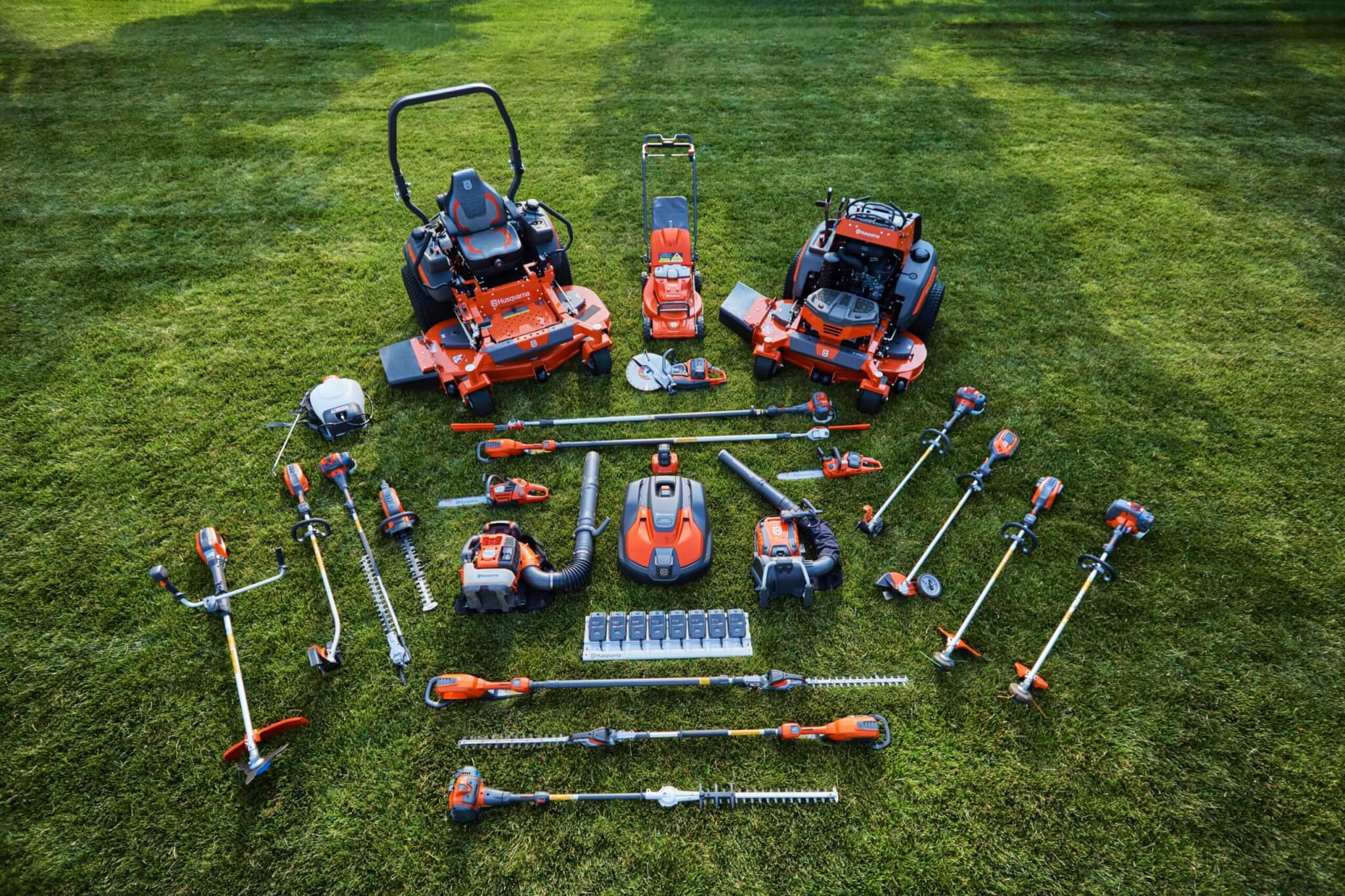
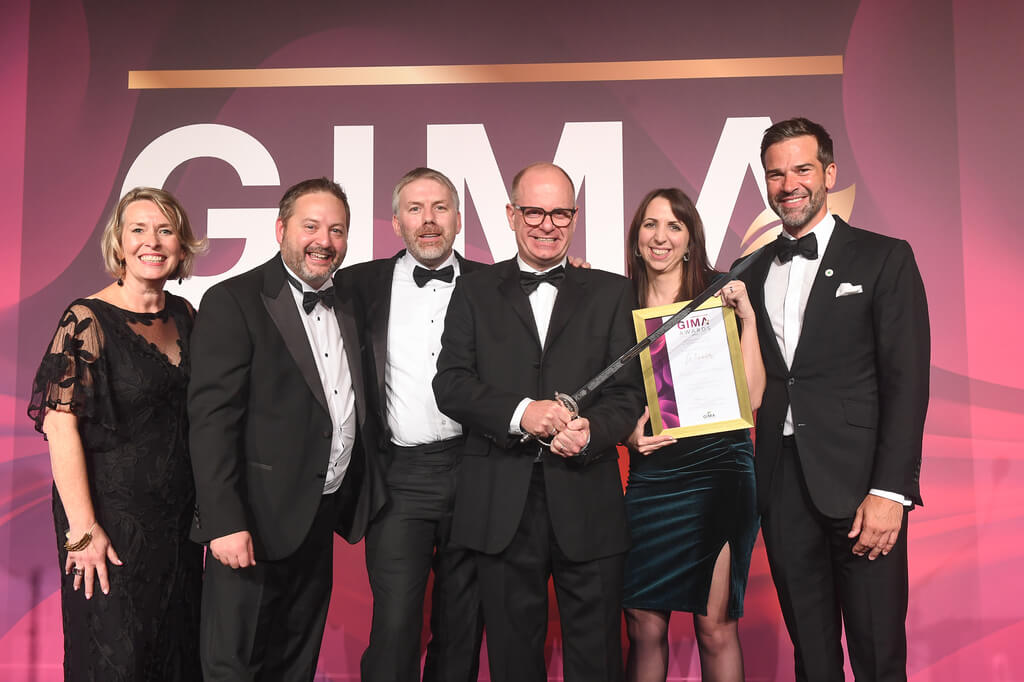
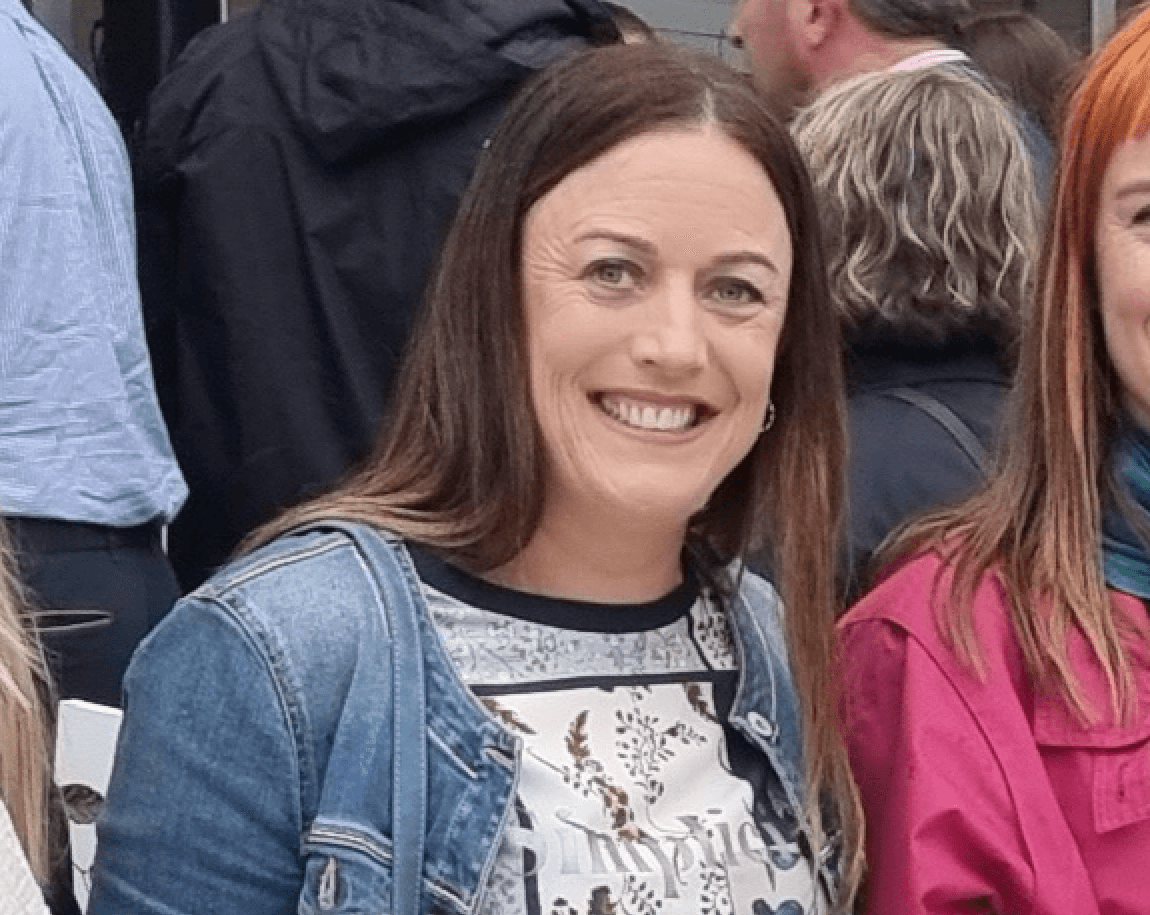

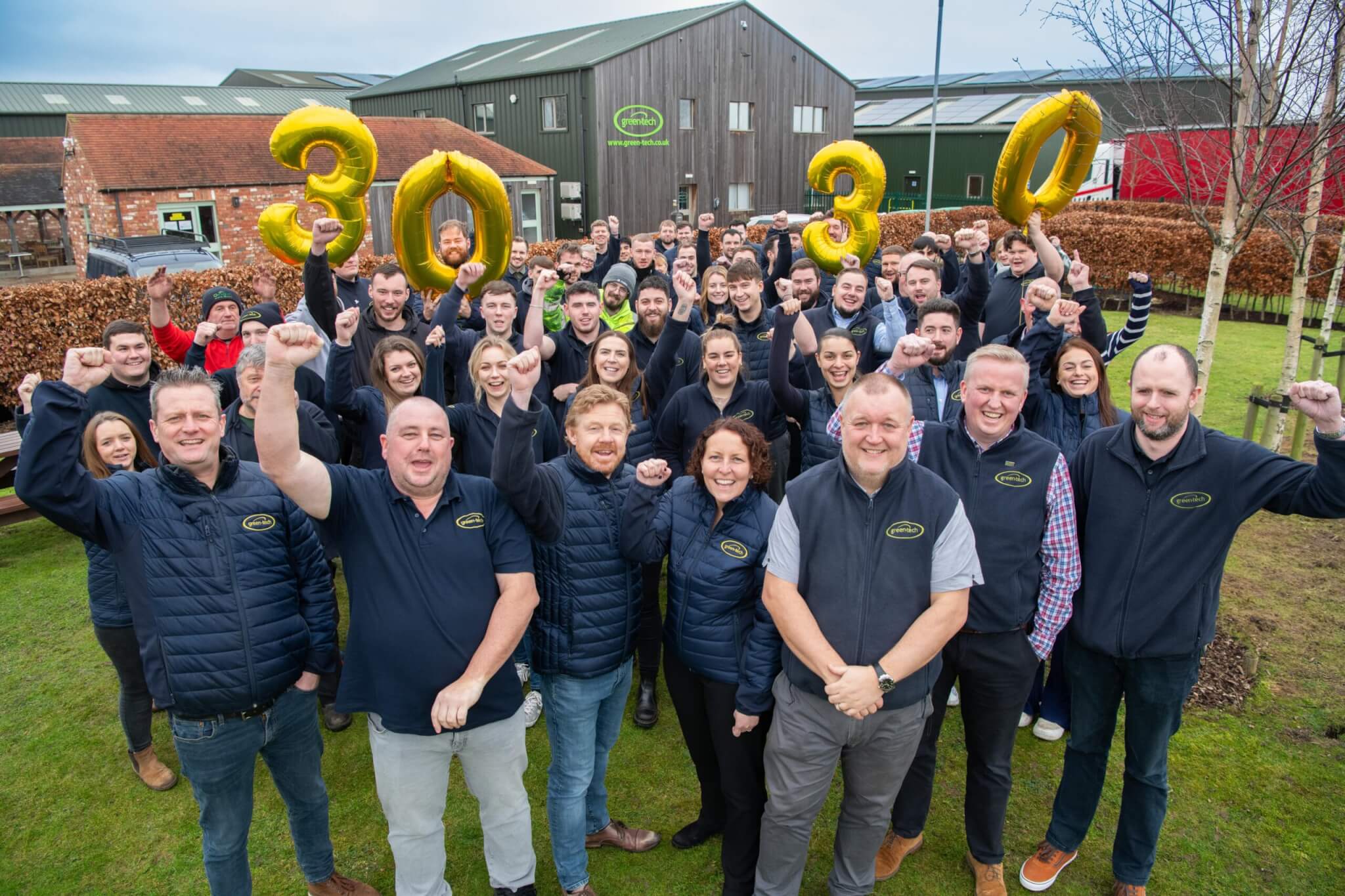
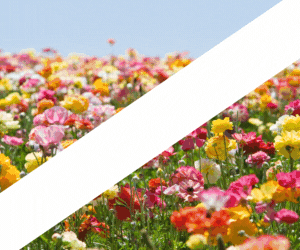

Fans 0
Followers